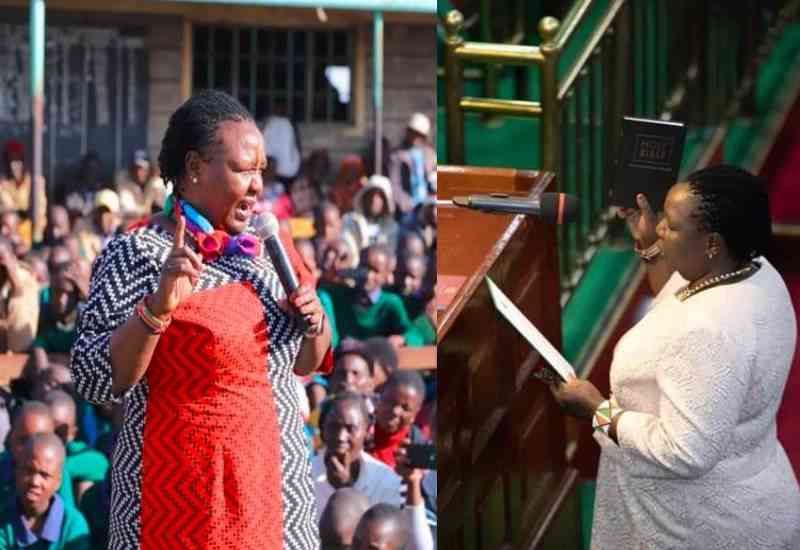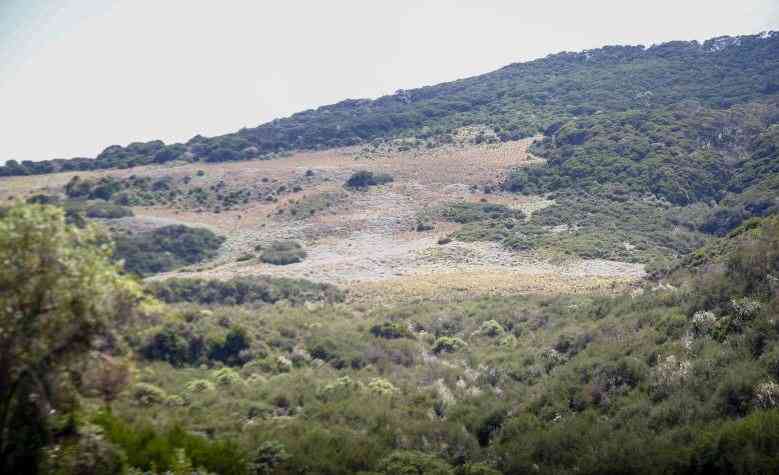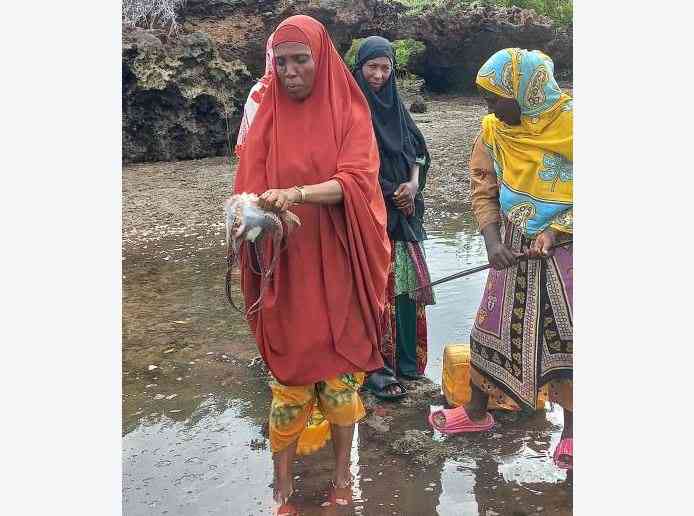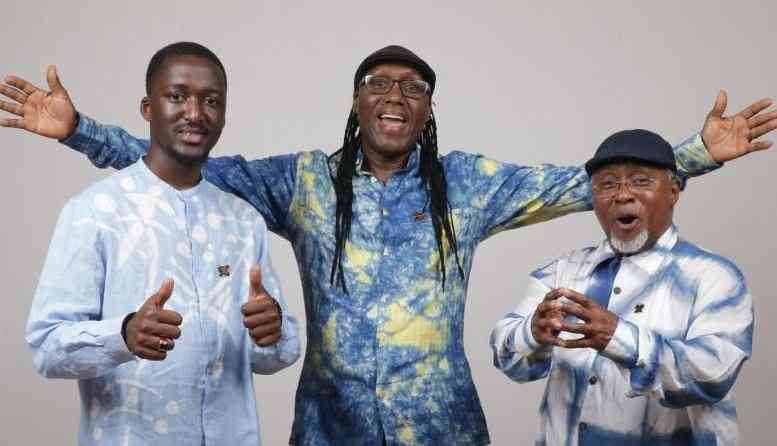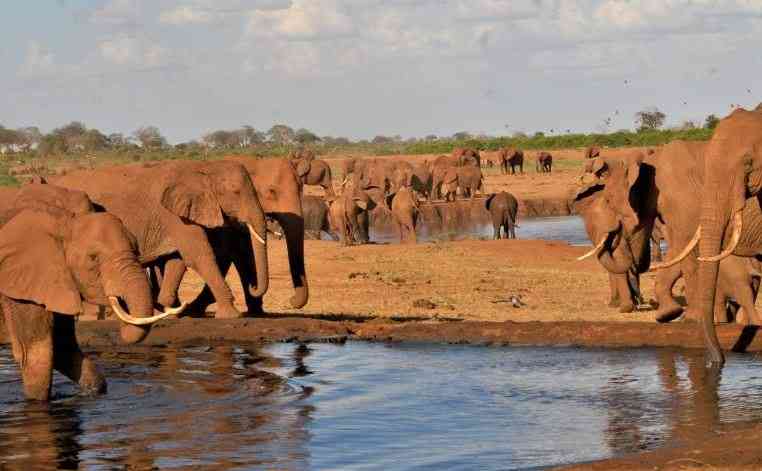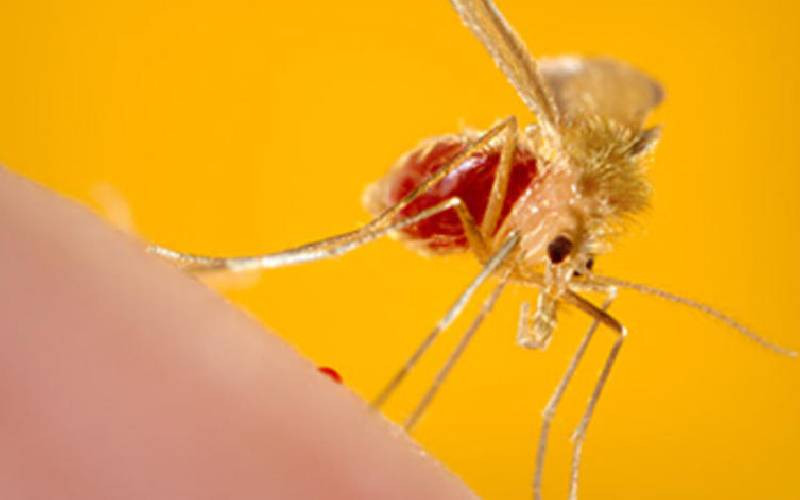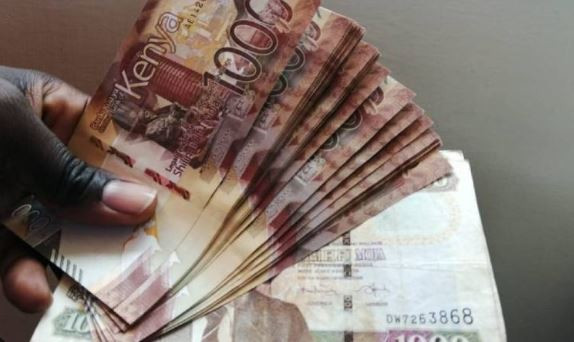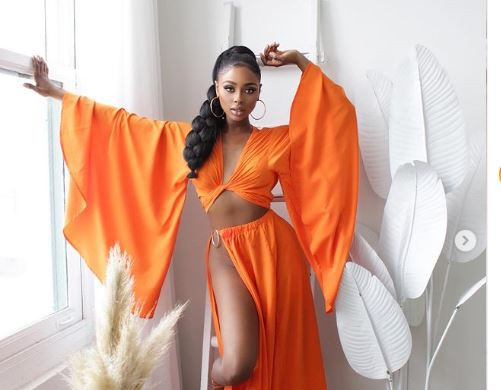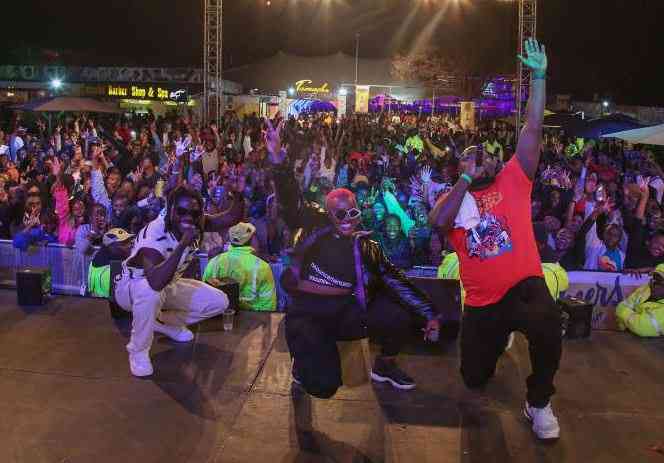
When Agnes Pareiyo, the current Narok North MP, started her FGM (female genital mutilation) activism in 2000, she didn't have lofty ambitions.
She never imagined the courageous act of traversing the expansive plains on foot carrying a dummy female organ would earn her countless accolades, and leadership positions as an FGM and women rights champion. This focused activism shot her to fame, winning her local and global recognition and crown it all, it rewarded her with the political leadership position of an elected Member of Parliament.
For decades, this soft-spoken, but tough-talking activist walked hundreds of miles with a wooden model of a woman's genital organ in her hands. She wanted to drive home her message against FGM, girl-child marriage, and the importance of educating the girl child in her community about the dangers of the ritual.
The Sunday Magazine team found Agnes still traversing the Maasai plains of the Narok North constituency, but this time wearing a different hat (she maintains her first love is still championing women's rights and the eradication of FGM) - that of elected representative of Narok North constituents.
"Discussing sex, and with a replica of a vagina, during the time was unheard of and it wasn't easy, and oftentimes I met hostility from my community, especially on the mode of demonstration. When you (this writer) first met me in 2005, that was the height of the hostility," says Agnes.
She says she was considered an enemy of her community's (Maasai) culture. "I nearly became an outcast," she says of a journey she started 23 years ago.
Today, she looks back at this journey with pride and apprehension, taking pride in saving over 10,000 girls from the cut and child marriages, under the umbrella of Tasaru Ntomonok Initiative (TNI), a community-based organisation in Narok.
She was named the United Nations in Kenya Person of the Year, in October 2021, a title she earned for her contribution towards achieving the Millennium Development Goals.

Even after capturing the Narok North Constituency MP seat, the activist is firm on her "first love", and Tasaru Ntomonok, which means 'rescue the woman' in the local Maa language, continues to spread its tentacles far and wide.
Personal experience
Agnes' passion stems from a personal experience, She was cut at the age of 14 and later on, forced into marriage. However, despite going through these life haunting, and horrifying experiences, her husband still took a second wife.
"The experience was so painful that it traumatised me for a long time. I never wanted it to happen to any other girl," she says, adding that she walked out of her marriage after her husband remarried. She, however, continued to look after their four children, who are now thriving adults.
"Despite my win as the first ever elected woman in Narok, my mission is still to liberate girls from my community and beyond from senseless genital mutilation and deprivation of education through early marriages," she says.
After many years of struggling, she set up TNI in 1999 after a survey she and her partner, the late Leah Ole Muiya, conducted showed that girls dropped out of school due to FGM.
A girl who has undergone FGM means many things to many people. To boys, she says, it means there is an available wife, to a poverty-driven parent she is a source of finances, and if the girl herself continues with education she is termed big-headed. Agnes partly blames poverty for FGM.
"Some 56 per cent of Kenyans live below the poverty line," she says, quoting statistics from the Ministry of National Planning. This, she explains, is where the circumcisers come in, adding that most of the circumcisers want to "cut" as many girls a month as possible to earn a living.
The activist gives an example of Narok and neighbouring areas, where circumcisers are paid Sh1,000 per girl, meaning if she cuts 20 girls, she earns Sh20,000, a very enticing prospect.
A miracle
"There aren't many rural women who get that kind of money," says the anti-FGM activist.
To combat the practice, TNI has a pilot project to provide capital to these women to start other businesses.
"It's bearing fruit and since the beginning of the project, at least five circumcisers have laid down their tools," she says.
Through what the activist terms "a miracle from God" she crossed paths with Eve Ensler, author of the controversial Vagina Monologues and founder of V-Day (Vagina, Valentine, Victory) in 2000.
The meeting changed TNI's fortunes tremendously. For starters, she and her partners were gifted a sport-utility jeep, allowing them to cover a distance that once took them a year, in three months.
"Ensler first saw me sitting in a field conducting a class and must have been amused at my mode of delivery."
Agnes and her late partner used a "cut and uncut" vagina for their demonstration. Ensler also used the vagina for her 'Vagina Monologues' shows. Their shared interest brought them together instantly. With the jeep, her message spread far and wide.
Still, something was missing - a place, a shelter to accommodate girls who needed to escape the wrath of a community that thought its culture was endangered by Agnes' work. TNI could not cope with the number of runaway girls and the temporary solution of sending them to well-wishers was falling apart, "because families of runaway girls were turning their wrath on well-wishers."
Like the warrior she is, Agnes was determined to soldier on. She had by now earned the V-Day title, 'Vagina Warrior' (a name given to women and men who have experienced violence personally or witnessed it within their communities and dedicated themselves towards ending such violence through effective grassroots means).
She sought the help of Ensler, to establish a rescue centre to which the girls could 'escape'.
"This was after a series of cases in which girls were 'cut' and married off forcibly even after an agreement between their parents and TNI to allow the girls to pursue education peacefully without having to undergo FGM or early marriage," says Agnes.
Ensler was quick to respond. Using V-Day, a global movement that helps anti-violence organisations expand their core work on the ground, a series of fundraisers through V-Day benefit productions of the Vagina Monologues were conducted.
The result was the establishment of what the movement calls safe houses. The TNI Safe House was the first.
"Safe houses are shelters where girls and women faced with violence can seek refuge. Once educated about the cut, girls require a place to seek refuge. Without it, many of the girls will be forced to undergo FGM," Agnes says as she takes us on a tour of the massive house.
It is also here that girls undergo an alternative ritual, which involves a five-day seclusion during which the girls are empowered to make informed decisions about their lives. The alternative ritual she explains takes the "initiates" through a reflection of the Maa culture as a Maasai woman after their rites of passage (FGM).
This is done when the girls are in seclusion. Agnes says TNI supports the teachings but without the pain of the "cut". A week before our visit, reportedly over 50 girls went through the ceremony.
This new addition to the campaign, she says, is winning tremendous results from the community, which is now looking at Agnes and her group, not as an enemy of their culture, but as a supporter.
"Sometimes sad things happen," Agnes says, citing a recent case, where 16-year-old Judy Santeyan and her 14-year-old sister, Dorcas Keiwua, went through a harrowing and traumatising experience.
For years, their brother threatened them with circumcision and they fled to the rescue centre. After staying there for two years, they reconciled and the girls returned home.
"But the brother never kept his side of the bargain and in August last year he, along with a group of eight - five elderly women and three boys, all neighbours - forcibly circumcised the sisters, leaving them bleeding almost to death, were it not for the arrival of their mother who took them to hospital," says the activist.
Agnes' close association with Ensler made her a globetrotter. She has met and exchanged notes with many women of substance such as Maya Angelou, Jane Fonda, and a myriad of activists.
Agnes, who is passionate about rural women's issues, is lobbying for support to form an NGO that will financially empower rural women as another tool for eradicating FGM and stopping early marriages.
 The Standard Group Plc is a multi-media organization with investments in media platforms spanning newspaper print
operations, television, radio broadcasting, digital and online services. The Standard Group is recognized as a
leading multi-media house in Kenya with a key influence in matters of national and international interest.
The Standard Group Plc is a multi-media organization with investments in media platforms spanning newspaper print
operations, television, radio broadcasting, digital and online services. The Standard Group is recognized as a
leading multi-media house in Kenya with a key influence in matters of national and international interest.

